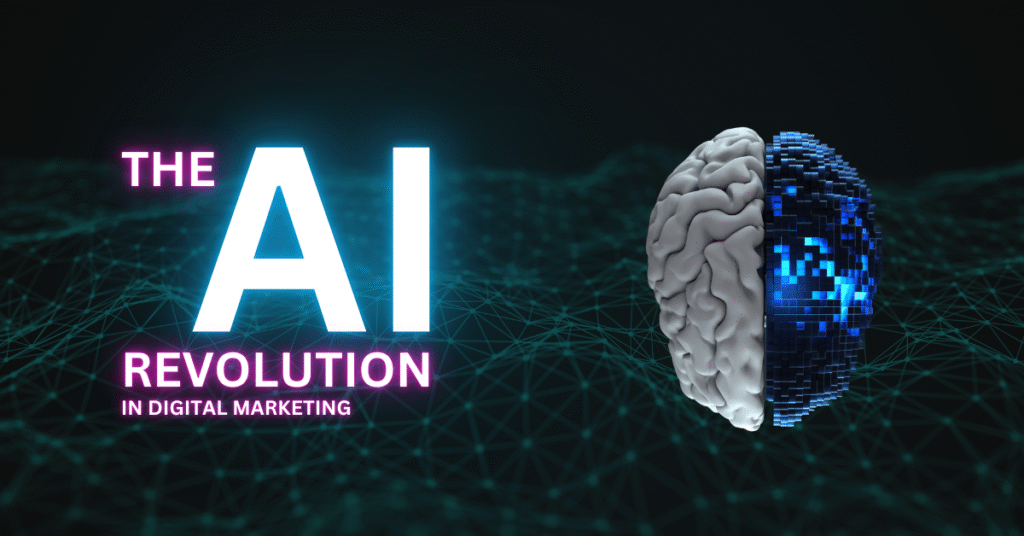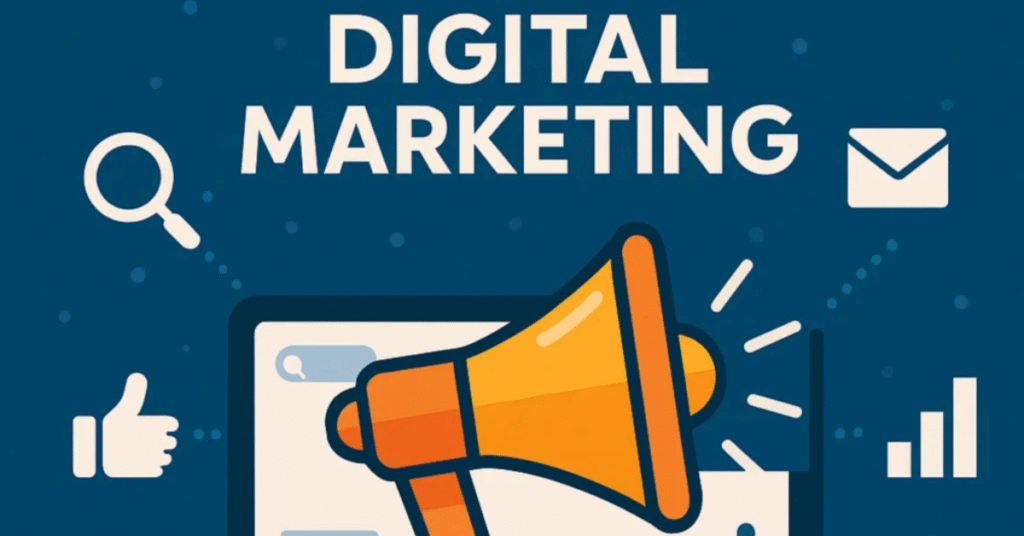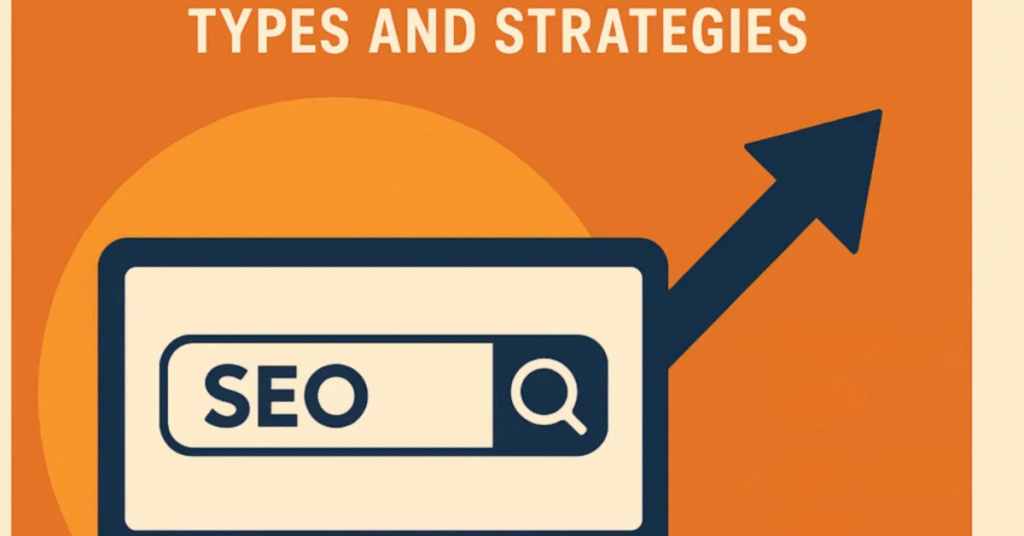In today’s fast-evolving world, the integration of artificial intelligence into marketing strategies isn’t just a trend—it’s a transformation. From predictive analytics to content generation, the use of AI in digital Marketing is reshaping how businesses connect with audiences, optimize campaigns, and measure success. In this comprehensive 3,000-word deep dive, we’ll explore what AI brings to the table, its strategic applications, the tools that power it, ethical considerations, and future trends that will define marketing for years to come.
1. What Is AI in Digital Marketing?
At its core, AI in digital Marketing refers to technologies that simulate human intelligence—from machine learning to natural language processing—used to automate, optimize, and improve marketing efforts.
According to HubSpot’s June 2025 research, 66% of global marketers already deploy AI tools, with activities ranging from content creation to automation of tasks HubSpot Blog. Similarly, Harvard University’s observations highlight AI’s capacity to handle repetitive tasks such as copy generation, data mining, and campaign scheduling—freeing marketers to focus on strategy Harvard DCE.
2. Key Applications of AI in Digital Marketing
2.1 Content Creation & Optimization
AI rapidly drafts blog posts, social media updates, and email campaigns. For example, SurveyMonkey found that 51% of marketers use AI to optimize content, and many rely on it to craft quick copy.
2.2 Personalization at Scale
AI powers hyper-personalization by analyzing consumer data and delivering tailored messages. ON24 predicts that real-time personalization will be a foundational pillar of AI strategies in 2025.
2.3 Automation & Efficiency
Marketers use AI to automate repetitive tasks—from posting social media updates to segmenting audiences. Automation frees up time and boosts productivity.
2.4 Predictive Analytics & Customer Insights
AI processes behavioural data to anticipate customer needs. Deloitte notes AI-driven automation enhances precision and personalization across marketing efforts Deloitte.
2.5 Campaign Optimization & Ad Creation
Tools like Omneky generate ad creatives, optimize across platforms, and launch campaigns using machine learning, demonstrating how AI in digital Marketing can elevate ad performance.
2.6 Preparing for Generative and Conversational Search
As AI-powered search grows, marketers practice Generative Engine Optimization (GEO) and Answer Engine Optimization (AEO) to ensure visibility in AI-generated responses.
3. Leading Tools & Platforms Featuring AI in Digital Marketing
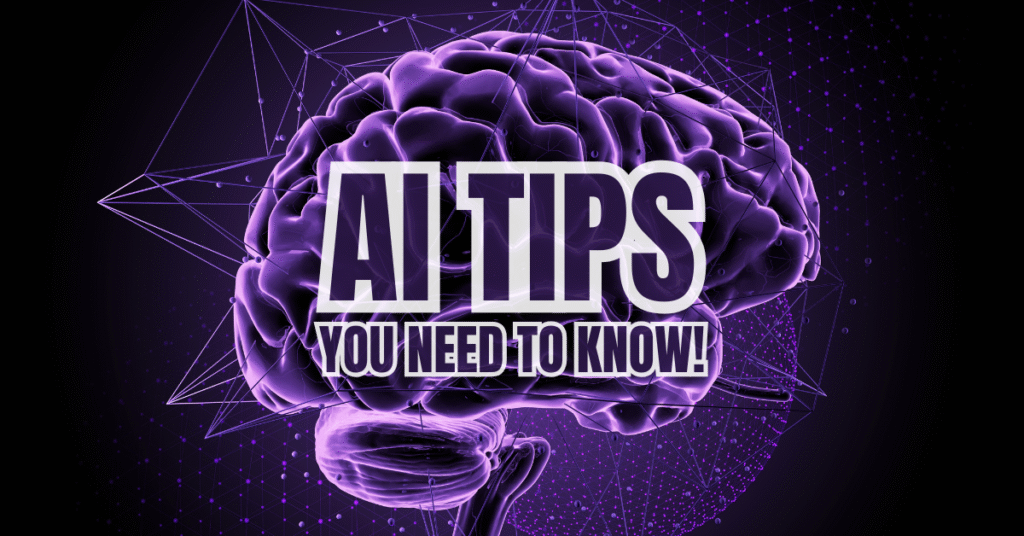
- HubSpot’s AI Loop: A framework for content personalization and optimized outreach, empowering AI-human collaboration TechRadar.
- Wix Email Assistant: Generates complete email drafts from conversational prompts—a perfect example of AI in digital Marketing tools making small business marketing easier.
- Predis.ai: An Indian SaaS tool that creates social media content and automates scheduling using AI, ideal for scaling content creation.
- Omneky: Offers smart ad generation and omnichannel campaign management with AI, helping brands optimize messaging performance.
4. Why AI in Digital Marketing Matters in 2025 and Beyond
- Efficiency Gains: AI speeds up creative processes and reduces manual workload across marketing functions.
- Data-Driven Personalization: Real-time customization increases engagement and conversion—71% of CMOs are investing heavily in AI to deliver relevant messaging Business Insider.
- Competitive Momentum: AI capability is increasingly seen as a core marketing competency—70% of Indian CEOs expect GenAI will reshape value creation.
- Adaptation to AI Search: Transitioning to GEO and AEO strategies is critical as traditional Google traffic drops due to AI-powered answer engines.
- Creative Balance: While AI offers efficiency, Human creativity remains essential for authentic storytelling—AI should complement, not replace—it The Economic.
5. Ethical Considerations & Challenges of AI in Digital Marketing
AI brings power—but also raises serious concerns:
- Ethical lapses: A highly publicized case where a brand used AI-generated imagery without verifying context resulted in backlash—highlighting the need for responsibility.
- Authenticity Risk: Overreliance on AI-generated content can erode trust and creativity.
- Data Privacy: AI relies on customer data; misuse or breach can erode trust quickly.
- Misinformation Threat: AI-generated content can spread fake narratives unless checked with human oversight.
- Skill Gaps: Deploying and managing AI tools requires specialized skills—not all organizations are equipped.
6. Best Practices for Implementing AI in Digital Marketing
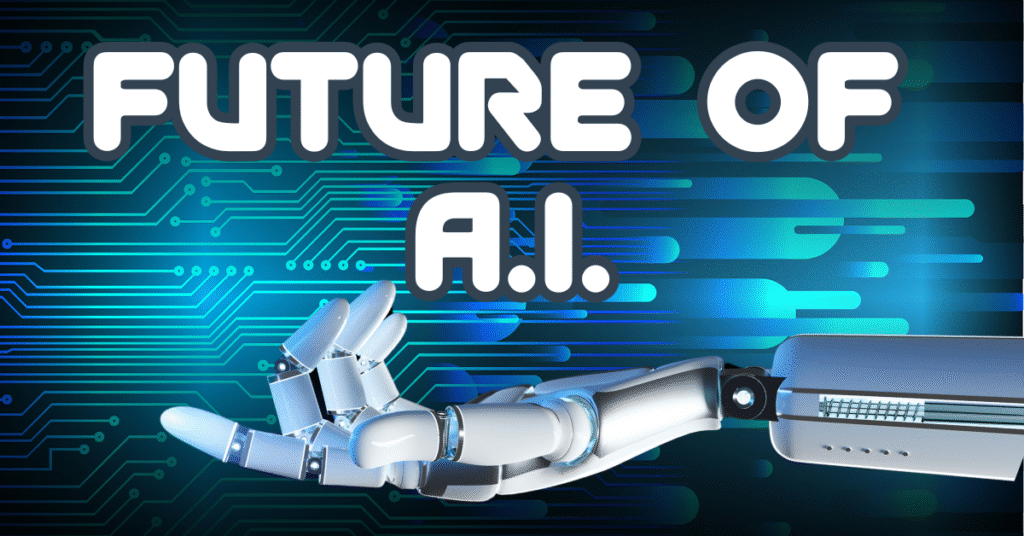
6.1 Start Small & Scale Strategically
Pilot AI campaigns in one area—like email automation or content personalization—and expand based on results.
6.2 Maintain Human Oversight
Ensure all AI outputs are reviewed for tone, accuracy, and ethical alignment. Balance efficiency with authenticity.
6.3 Respect Privacy & Build Trust
Use first-party data responsibly, ensuring transparency and consent in AI-driven personalization.
6.4 Invest in Training
Equip your team with AI literacy through courses and hands-on training to keep pace with new tools and strategies.
6.5 Optimize for AI-Powered Discovery
Adopt GEO and AEO principles to ensure your content remains visible in AI-generated search results.
6.6 Measure ROI & Performance
Use metrics like automation time saved, personalization impact, and engagement lift to assess the true value of AI in digital Marketing.
7. Looking Ahead: Trends Shaping AI in Digital Marketing
- Rise of AI Influencers: Brands are turning to virtual personas like “AI influencers” to engage audiences—though authenticity remains debated.
- AI-Powered Hybrid Teams: Firms like HubSpot promote “human + AI” collaboration models for more meaningful marketing Investors.
- AI at Full Throttle: Marketing agencies are rapidly deploying AI-driven visual content and hyper-personalization as the new norm.
- Ethical AI as a Differentiator: Brands that use AI transparently and responsibly will stand out amid growing scrutiny.
- Strategic Investment: With most CMOs planning AI investments in the millions, adoption is becoming mainstream Business.
Conclusion
The integration of AI in digital Marketing marks a pivotal shift in how brands strategize, engage, and grow. From automating tasks and creating content, to delivering personalized experiences and optimizing campaigns—AI has the potential to elevate marketing like never before.
Yet success hinges on balance: pairing human creativity with AI efficiency, investing in knowledge and ethics, and adapting strategies to new AI-driven paradigms like GEO and AEO. As we look ahead, marketers who embrace AI thoughtfully will lead the way in innovation, relevance, and impact.

